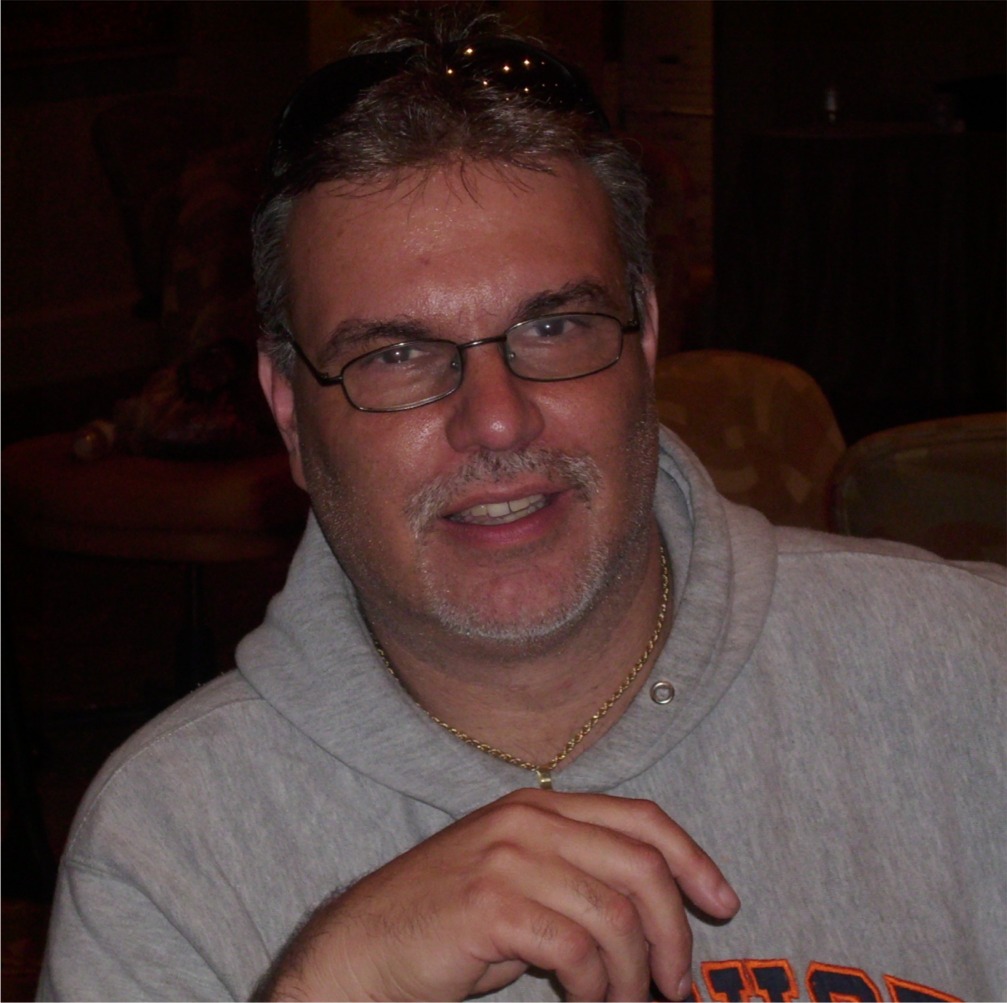

in Neuroscience from the University of Pennsylvania in 2004. As Covid-19 cases surge across the United States dominated by a highly transmissible subvariant and worry about Covid persists, some in the public have begun to voice concern about the new health threat of monkeypox, according to a new Annenberg Public Policy Center national survey. Summa Cum Laude in Chemistry from Emory University in 1996, and a Ph.D. News Survey: 1 in 5 Americans Fear Getting Monkeypox but Many Know Little About It. Walsh and Kozlowski, Fundamentals of Asymmetric Catalysis, University Science Books, Aug. Research outreach with Mexico (19 published articles with 9 professors from Mexico at six different research institutions). They aim to explore the extent to which differences in decision-making are stable and trait-like as opposed to context-dependent, and to analyze the psychological, genetic, and neural sources of these differences. Development of Chemistry 246, an advanced synthetic organic/inorganic lab for undergraduate students. Recently, we have reported dramatic differences across individuals in impulsivity, which are associated with how certain brain regions are active during decision-making. Another goal is to understand the different sources of individual differences in decision making. Look here for the range of news and communications services offered by the University includes news offices, publications, telephone and video services and more. They are now examining how neural value signals change when people change their decisions for different reasons (e.g., heuristics and biases, preferences evolving over time, education, or social influence). Recently, they have used fMRI to show that the subjective value people place on different rewards is represented in a common neural currency - a "utility"-like neural signal.

Crisis in the peer-reviewed Corporate Governance Failures (UPenn Press. One of our goals is to understand the mechanisms underlying changes in people's preferences. she has appeared on cable news programs including MSNBCs Morning Joe. They aim to draw links across these different levels of analysis, and to build explanations of decision-making that account for both people's choices and the neural mechanisms underlying those choices. The Lab employs an interdisciplinary approach to tackle these questions, drawing on methods and ideas from social and cognitive neuroscience, experimental economics, and personality psychology. Professor, Department of Genetics Chair, Graduate Program in Genetics and Epigenetics (G&E) University of Pennsylvania. Research in the Kable Lab seeks to understand how people make decisions, and to trace out the psychological and neural mechanisms of choice.
Joe cable lab upenn professional#
Duke Memorial Scholarship", "Academic Advising Center (AAC)", "Academic Guides", "Academic Resource Center (ARC)", "Acts2 at Duke", "Africa Initiative", "African and African American Studies (AAAS)", "AI Health", "Alumni Career and Professional Development", "Alumni Endowed Scholars", "Amazon Lab", "American Dance Festival (ADF)", "American Grand Strategy (AGS)", "American Tobacco Campus - Power Plant", "Archive of Documentary Arts", "Art, Art History & Visual Studies", "Arts & Health at Duke", "Arts & Sciences (A&S)", "Asian American and Diaspora Studies", "Asian & Middle Eastern Studies (AMES)", "Asian Pacific Studies Institute (APSI)", "Athletics", "B.N.Joseph Kable is Assistant Professor at the University of Pennsylvania.


 0 kommentar(er)
0 kommentar(er)
